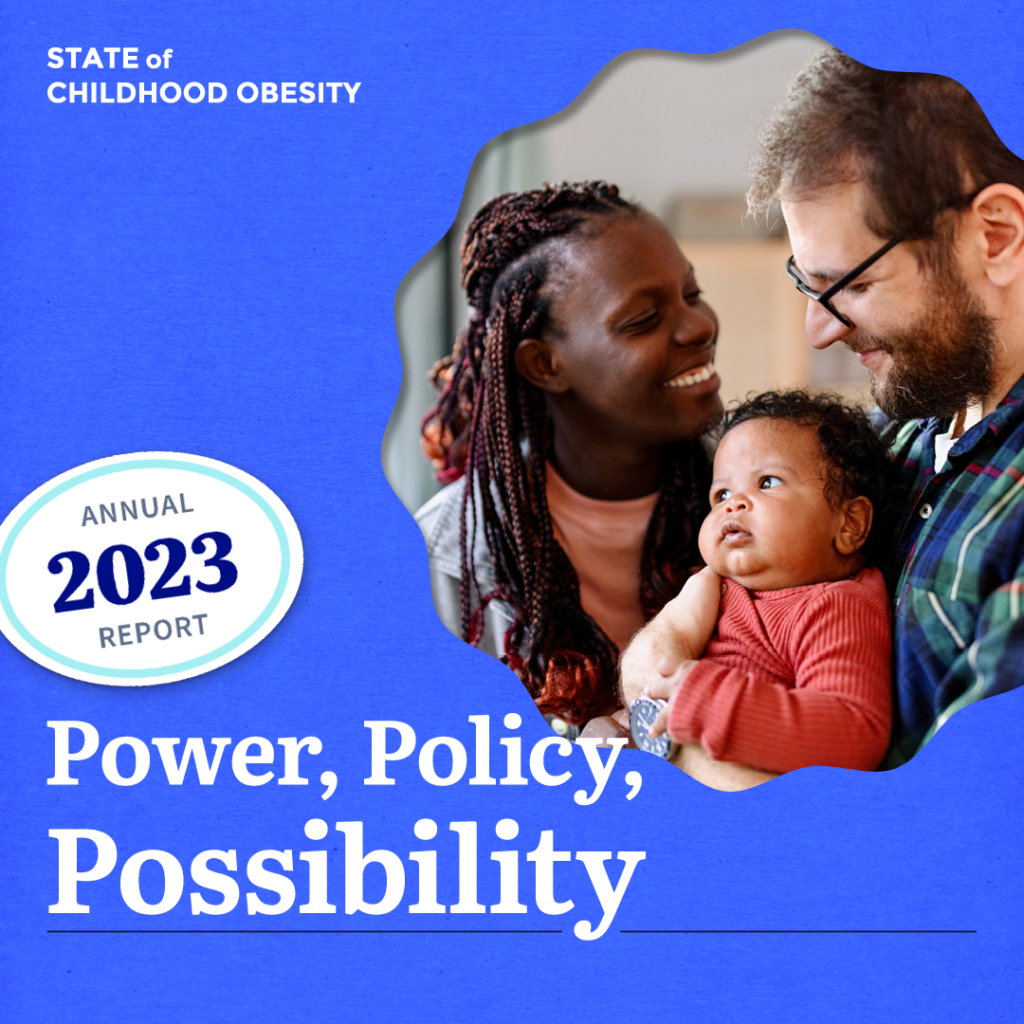Our research is still underway but we know there are solutions that could protect kids and families from experiencing hunger, poverty, and eviction, including:
- Reducing barriers to accessing nutrition programs. If families who are eligible for nutrition benefits are not receiving them, we need to look closely at application and administrative processes to identify and address barriers. Streamlining and modernizing the enrollment processes for SNAP and other nutrition assistance programs would help ensure that the families who need benefits can get them.
- Investing in policies that put families first. Instituting universal childcare, raising the minimum wage, reinstituting the Child Tax Credit, and providing paid family leave are all building blocks for healthy, equitable communities that families can thrive in.
- Helping families find and stay in their homes. The national eviction rate fell dramatically during the COVID-19 pandemic, thanks in part to financial supports like eviction moratoria and emergency rental assistance. This past year, when those programs expired, the child poverty rate more than doubled. Ensuring that families who qualify for housing assistance receive it—and making much greater investments in family-friendly, affordable housing—would help more families access stable housing.
Support for these and other equitable solutions are urgently needed in every community nationwide. Ultimately, we must dismantle the barriers that create unequal opportunity and threaten our shared prosperity to build a better future for everyone’s children and grandchildren.

